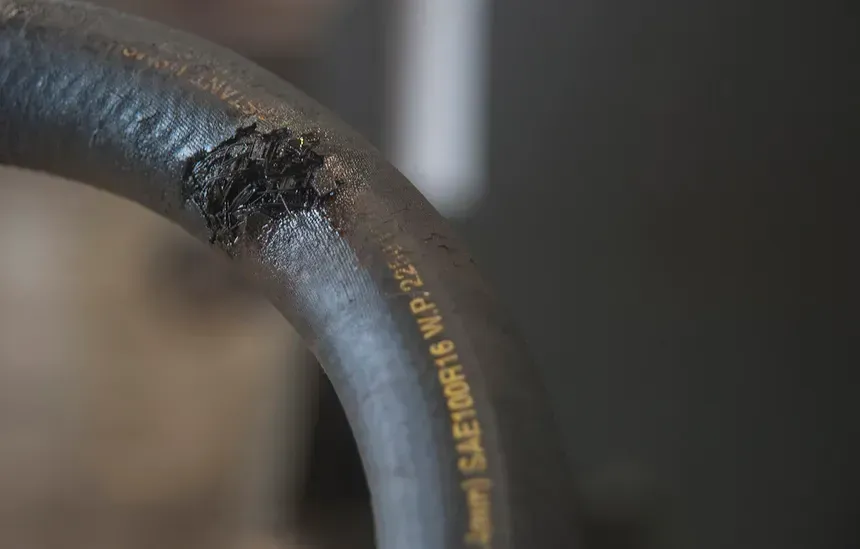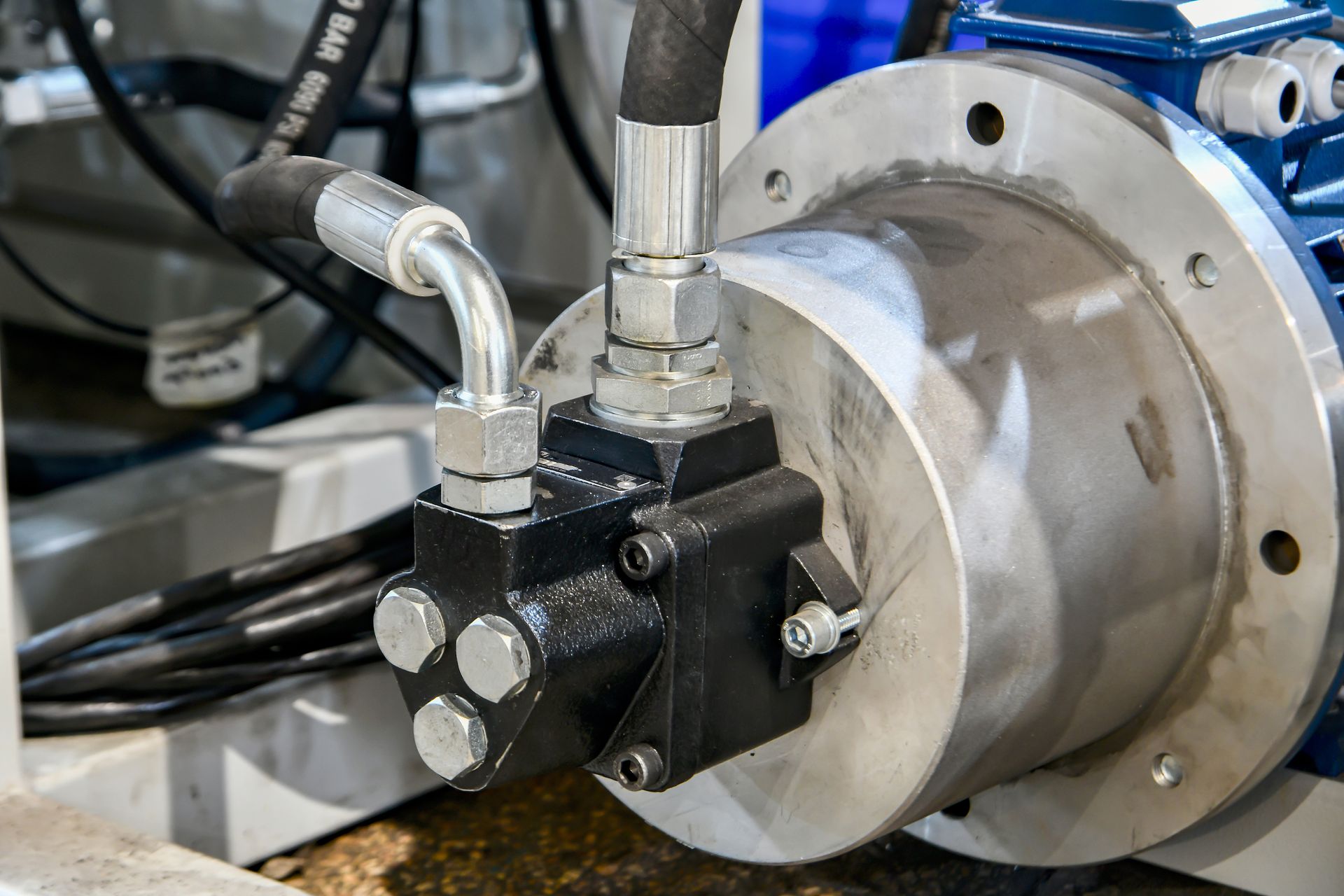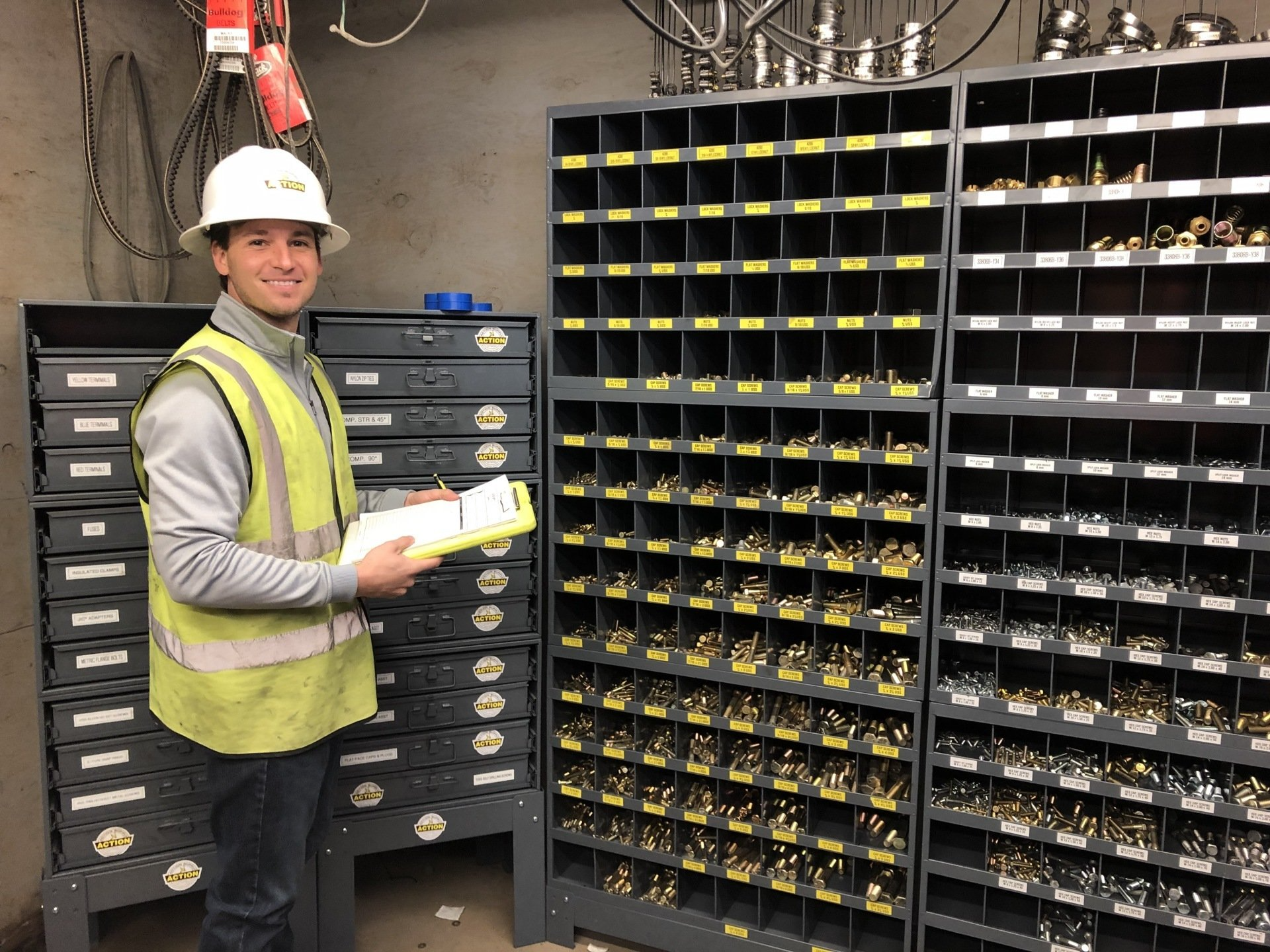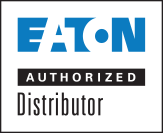Reduce Winter Workplace Injuries on Oil and Gas Sites with High-Quality Safety Equipment
On November 8th, 2023, the US Bureau of Labor Statistics released its annual report on workplace injuries. Private industry employers reported 2.6 million nonfatal workplace injuries and illnesses in 2023. This report underscores the importance of preparing for workplace challenges, especially during the winter when injuries rise due to cold, winter weather, and slippery surfaces.
Gulf Coast winters bring extreme temperature fluctuations, sudden cold snaps, heavy rain, and high humidity. High-quality personal protective equipment (PPE) and safety supplies protect against the various hazards these conditions present. Ensure your oil and gas workers have these items on hand to keep them safe and productive.
Insulated and Weatherproof Jackets
Sudden drops in temperature or prolonged exposure to cooler temperatures can impair a worker’s focus, dexterity, and reaction time. Thermal insulation maintains body warmth while waterproof coatings protect against rain and damp conditions. These prevent discomfort and the risks associated with wet clothing, such as hypothermia or reduced mobility.
If your workers are often near heavy machinery or fleet vehicles, consider looking for high-visibility jackets with ANSI-compliant reflective strips. They are designed to remain effective even in wet or overcast weather.
Workspace-Specific Insulated Gloves
Choose gloves that combine the features your workers need in their tasks. You may need gloves suitable for different responsibilities or areas of the workplace. Some features to consider include:
- Chemical-resistant gloves protect against hazardous materials like acids and solvents.
- Insulation keeps hands warm, preventing cold-related injuries that impair grip and coordination. These are essential for workers who will work outdoors or in cold indoor areas for extended periods of time.
- Shock insulation is good for those who work near machinery and electrical components.
- Anti-vibration gloves reduce the harmful effects of vibration on hands and arms while using power tools or machinery.
- Cut resistance protects against sharp objects when at work. Good cut protection is considered anything rated A3 and lower.
- Flexible designs ensure dexterity for precision tasks like repairs and maintenance.
Choosing the right gloves will help keep your workers safe from winter weather and the unique challenges of their workplace.
High-Traction, Insulated Boots
Even without rain or sleet, temperatures can dip low enough to freeze dew and condensation, creating near-invisible slippery surfaces. Boots should feature slip-resistant soles with high traction scores, designed to grip wet, oily, or icy surfaces.
- Look for acid- and chemical-resistant materials in boot construction to prevent damage and ensure durability in harsh environments.
- Reinforced-toe options can protect workers from falling objects and other hazards.
- Insulation prevents cold-related numbness that can affect balance and safety.
Hand Sanitizer for Workplace Hygiene and Safety
In colder months, workers may be less inclined to wash their hands regularly due to limited access to warm water at job sites. Hand sanitizer provides a convenient alternative to reduce the spread of germs and maintain cleanliness.
Choose sanitizers with at least 60% alcohol for maximum effectiveness against bacteria and viruses. Non-greasy formulas are ideal to avoid slippery hands when using tools or operating equipment. Station hand sanitizer dispensers near fleet vehicles, tool storage areas, and break rooms to encourage frequent use without disrupting workflows.
Essential Items for First Aid Kits to Treat Cold-Related Injuries
Cold-related injuries are rare but possible during Gulf Coast winters, especially when workers are exposed to wet and chilly conditions for extended periods. Make sure your first aid kits are equipped for these during the winter months.
- Thermal Blankets. Compact, heat-reflective blankets provide immediate warmth to prevent or treat hypothermia in exposed workers.
- Heat Packs. Disposable or reusable heat packs help warm extremities like fingers and toes.
- Frostbite Cream or Gel. Specialized treatments for frostbite help minimize damage while waiting for professional medical attention.
- Cold Weather Bandages. Adhesive bandages that stick even in cold or damp conditions will help protect cuts and scrapes. Extra tape and flexible gauze rolls are also recommended in case of slips and falls.
Regularly inspect and replenish first aid kits to ensure all items are in good condition and ready for use.
Fire Extinguishers for Heated Areas
Indoor and outdoor heating equipment increases fire risk during the colder months. Having the right extinguisher in the right place can make a huge difference in the severity of a fire incident.
Ensure extinguishers are rated for the types of fires common in heated areas. They fall under five classifications based on the type of fire they are best suited for.
- Class A for non-metallic materials like wood, paper, cloth, trash, and plastics
- Class B for flammable liquids like gasoline and oils.
- Class C for electrical fires, often caused by space heaters or malfunctioning equipment.
- Class D for Metal fires involving magnesium, sodium, potassium, and sodium-potassium alloys
- Class K for fires involving cooking oils and deep fryers.
Position fire extinguishers within easy reach of heaters, furnaces, or other fire hazards to ensure workers and responders can react quickly in an emergency.
Action Supply Provides High-Quality PPE Gear to Fit Your Needs
We are uniquely positioned to assess your safety concerns and ensure you have the right
safety equipment for the job.
Contact us today to see how we can help you reduce winter workplace injuries with the right PPE gear.





